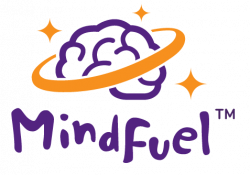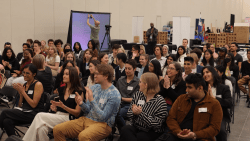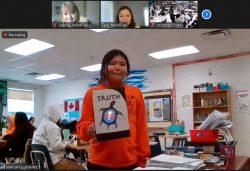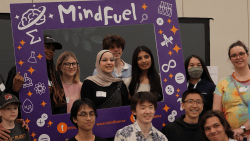Inspiring Minds. Building Futures.
Supporting STEM and Innovation.

At MindFuel, we are focused on igniting a passion in young people and young adults to pursue STEM (science, technology, engineering, and math). As participants journey through our programs, we catalyze creative thinking, imagination, build self-confidence, and encourage growth mindsets. We inspire them to explore boldly. To think critically. To solve real-world challenges. And to become fearless problem-solvers, ready to shape a brighter, more innovative future.
We believe in the power of innovation and entrepreneurship to unlock curiosity, creativity, new ventures and career potential. For over 35 years, we’ve been designing programs that blend STEM learning with real-world innovation, preparing young adults to thrive in a rapidly evolving, tech-focused world.
MindFuel is seeking investments of various sizes to support our rapidly growing and in-demand programming, enabling us to impact more youth in remote and rural areas, as well as underrepresented youth in STEM, and continue to enhance innovative problem-solving and our national Connect2Innovate platform. We are working hard to decrease and, where possible, eliminate barriers to STEM learning and innovation development. But we need your help to do it.
We would be honoured to discuss custom stewardship and recognition opportunities in appreciation of your support.
More Information
2023-2025 Annual Report
10-Year Economic Impact Study
Tech Futures Challenge Impact Report



